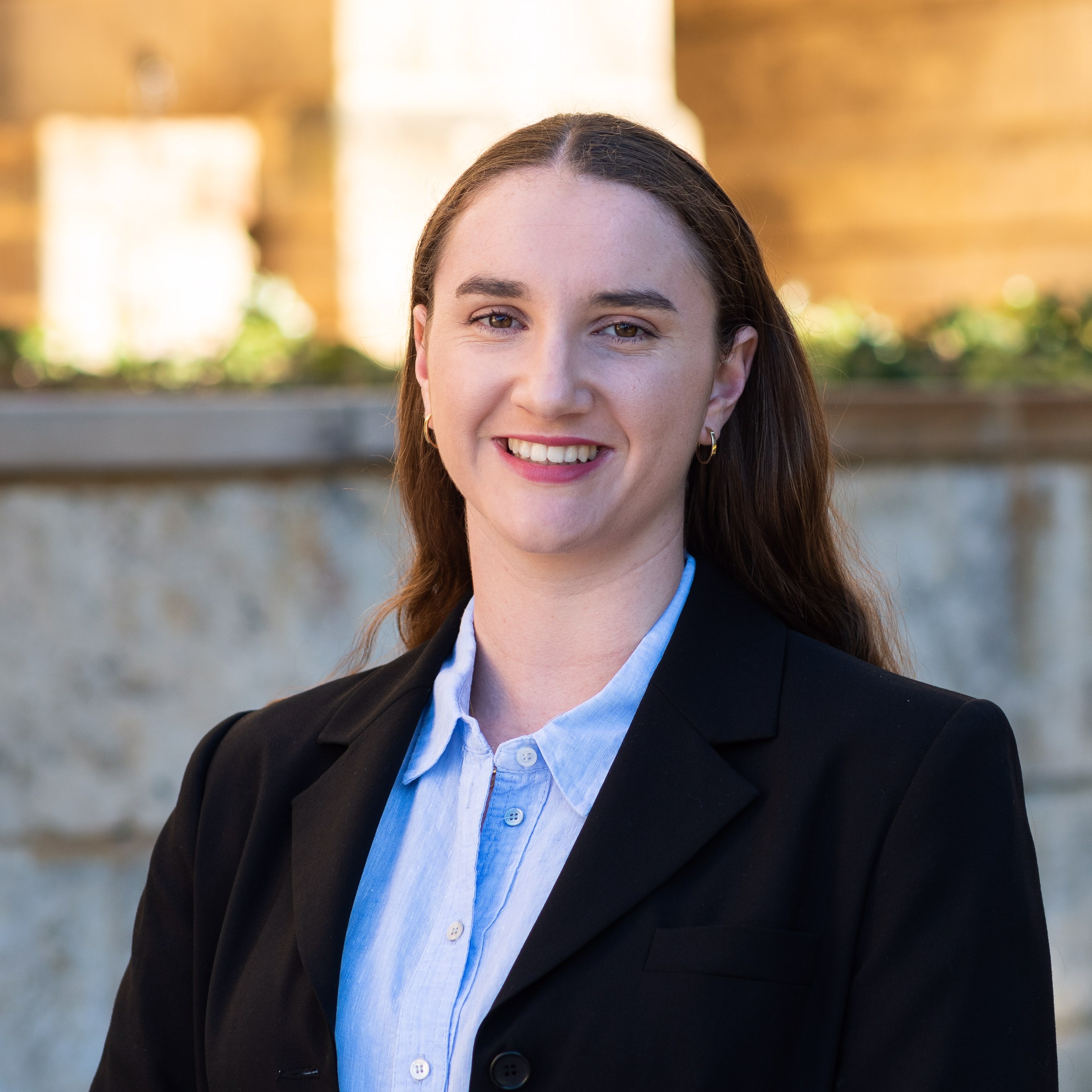The Next Generation: Education and Youth Transitions
Age at school transition and children’s cognitive and non-cognitive outcomes
Summary: From 2019, all Australian states and territories have taught year seven in secondary school as opposed to in primary school. Was this policy-led change successful in improving academic performance? Were there any spillover effects on student wellbeing and personality? To the best of our knowledge this paper is the first to empirically evaluate the move of year seven to secondary schools across the country. Using individual-level HILDA data and school-level information from ACARA we employ a difference-in-difference methodology finding negative impacts on cognition, emotional stability, extroversion and locus of control.

Presenter: Ms Thea Green (University of Western Australia)
Thea Harpley Green graduated from the University of Western Australia in 2020 with an Honours Degree in Economics. Her research areas of interest include the economics of education and behavioural economics focusing on adolescent well-being and non-cognitive development.
School-to-work transition and subjective wellbeing in Australia
Summary: The school-to-work transition is a demanding period during an individual’s life course in all societies particularly because the educational decisions made during this period have long-lasting consequences in multiple life domains. Moreover, adverse starting points after secondary school are likely to lead to adverse outcomes that might cumulate over the life course. This study analyses subjective well-being during this sensitive period and examines the following two questions. First, how do different school-to-work transitions relate to subjective wellbeing changes? Second, how does subjective well-being develop during and after secondary schooling? As the school-to-work transition period is structured by gender, each analytical step aims to identify gender differences. Furthermore, based on life course theories, this study investigates whether adverse starting points after secondary school lead to cumulative effects in the development of subjective wellbeing.

Presenter: Dr Hans Dietrich (Institute for Employment Research (IAB))
Dr Hans Dietrich is a Senior researcher, Institut für Arbeitsmarkt- und Berufsforschung (IAB), Nürnberg and Adjunct professor at Friedrich-Alexander-Universität Erlangen/Nürnberg. His research interests include sociology of education and qualification, life course research, labour market research, school to work transitions and youth unemployment in Germany and Europe, labour market policy for young people.
Work and family life transitions and trajectories for young Australians: Insights from the children of HILDA
Summary: Young people who are emerging into adulthood face major life transitions around work and family domains. For recent cohorts of young people, the transition into adulthood is understood to be more diverse and difficult than in previous cohorts. While we know what the transitions and likely trajectories of young people (ages 16-25) are as they enter adulthood, we know relatively little about the influence of family background factors and characteristics on these different trajectories.
Presenters: Professor Belinda Hewitt (The University of Melbourne) & Professor Ann Evans (The Australian National University)

Professor Belinda Hewitt
Belinda Hewitt is a Professor of Sociology in the School of Social and Political Sciences at the University of Melbourne. Her research examines gender, work and family dynamics from a longitudinal and life course perspective.

Professor Ann Evans
Ann Evans is a Professor of Demography and the Dean for Higher Degree Research at the Australian National University (ANU). As a family demographer she has made a major contribution to understanding modern family dynamics in Australia. Her work is concerned with inequality in transitions in intimate relationships and decisions to have children.